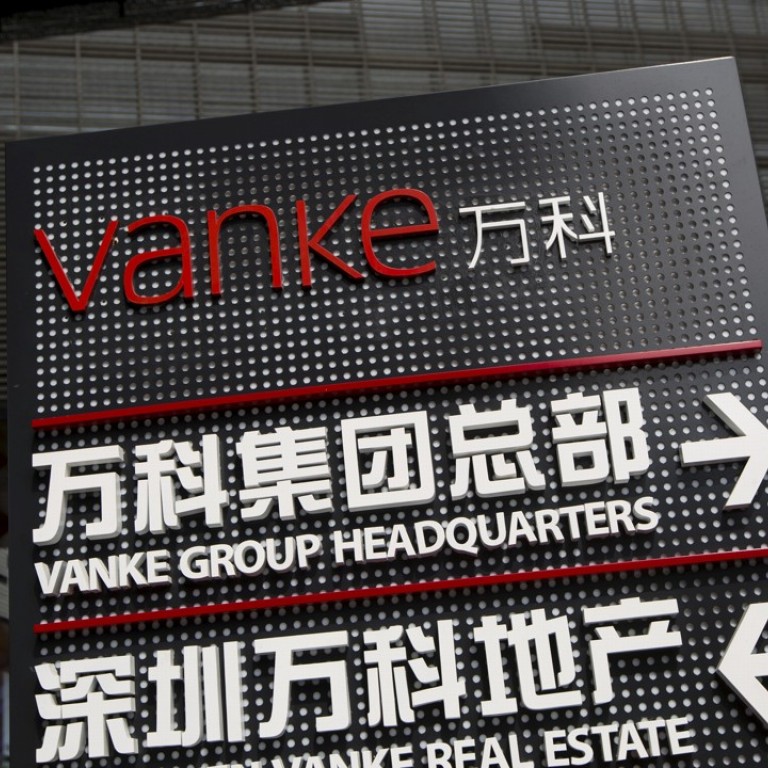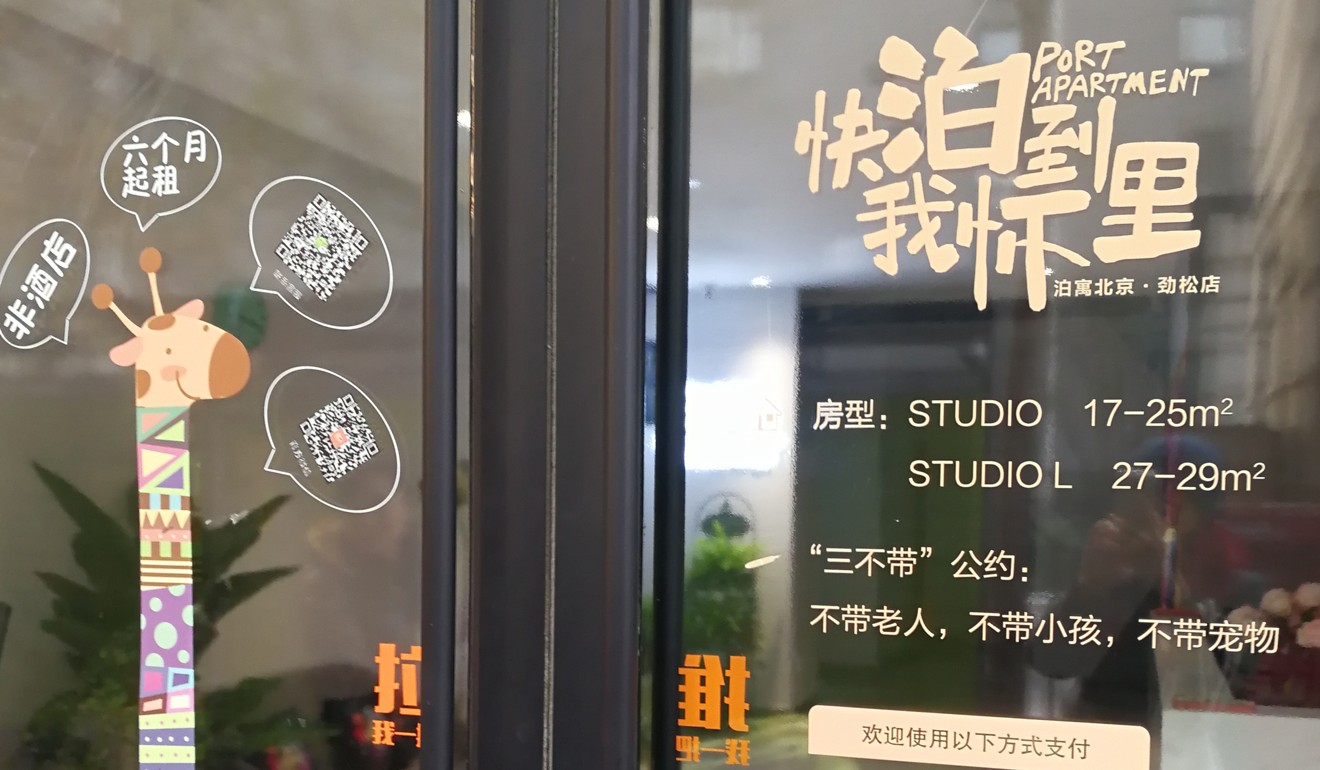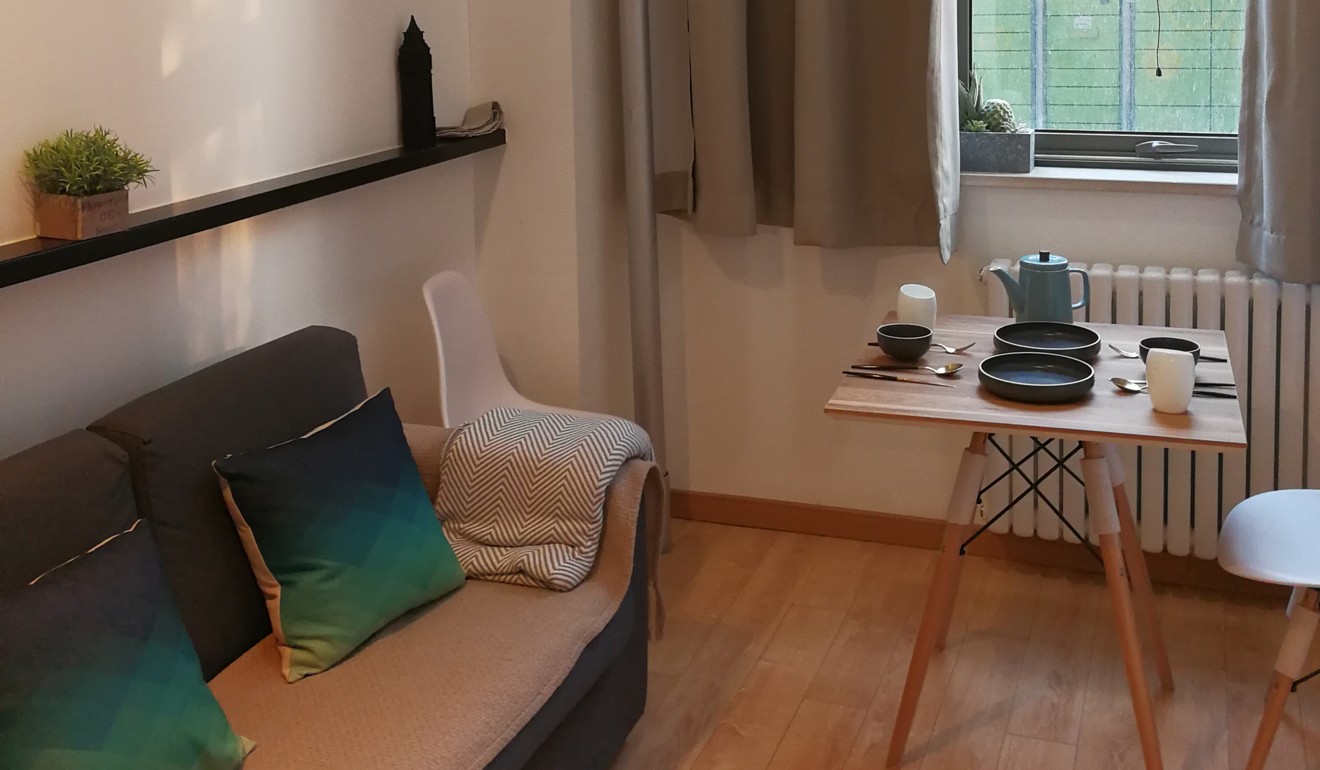
China Vanke expands co-living business in Beijing as demand grows
The developer has launched seven facilities in the city, with plans to open another three this year
Port Apartment, China Vanke’s co-living space brand, opened its Jingsong location last May in a local residential community six kilometres from Guomao, Beijing’s central business district.
The facility, converted from retail space, is one of the seven Port Apartment locations that has opened in Beijing, and one of the few located in the city centre. Another three locations are planned for this year.
Port Apartment is among a dozen co-living brands, known as long-term leasing apartments in the mainland, rolled out to support the central government’s drive to further develop the residential leasing market by pushing more people to rent instead of buying, which has caused property prices to soar.
The Jingsong location’s chief manager, surnamed Lu, said the facility’s proximity to Guomao had drawn many young white collar workers working in the business hub, and freelancers like writers and models.

The 90 rooms include 25-square metre lofts priced at 4,200 yuan (US$668.73) a month, and 35-sq m lofts for 6,000 yuan. Occupancy of the building is now at 96 per cent, according to the apartment operator.
In comparison, a 53-sq m, one-bedroom regular apartment in the nearby community costs 5,800 yuan per month, according to Homelink, a property agency in Beijing. A manager at the Homelink branch in the district said there are just a few such units available, as most units in the market are two or three-bedroom units that lease for more than 9,000 yuan per month.
Lu said Port Apartment tenants would experience a sense of community that they would not find if they rented individual homes. They could also use the gym in the basement level at a 20 per cent discount, and the pantry and kitchen at no cost. On weekends, the facility holds seminars or film salons that bring young tenants together.

Port Apartment, which operates a total of 800 rental rooms in Beijing, offers six-month and 12-month leases.
Beijing’s fragmented co-living space market is dominated by numerous individual landlords. Ziroom, a co-living brand under Homelink, has a stock of about 250,000 rooms.
Shanghai’s ‘co-living’ operator Harbour Apartments eyes expansion in eight Chinese cities including Hong Kong
Zuo Hui, chairman of Homelink, said more operators like Vanke would help to build an eco-system that caters to demand for accommodation at varying rental rates. He forecast the number of renters in Beijing to rise from the current seven million to 10 million in the next few years.

